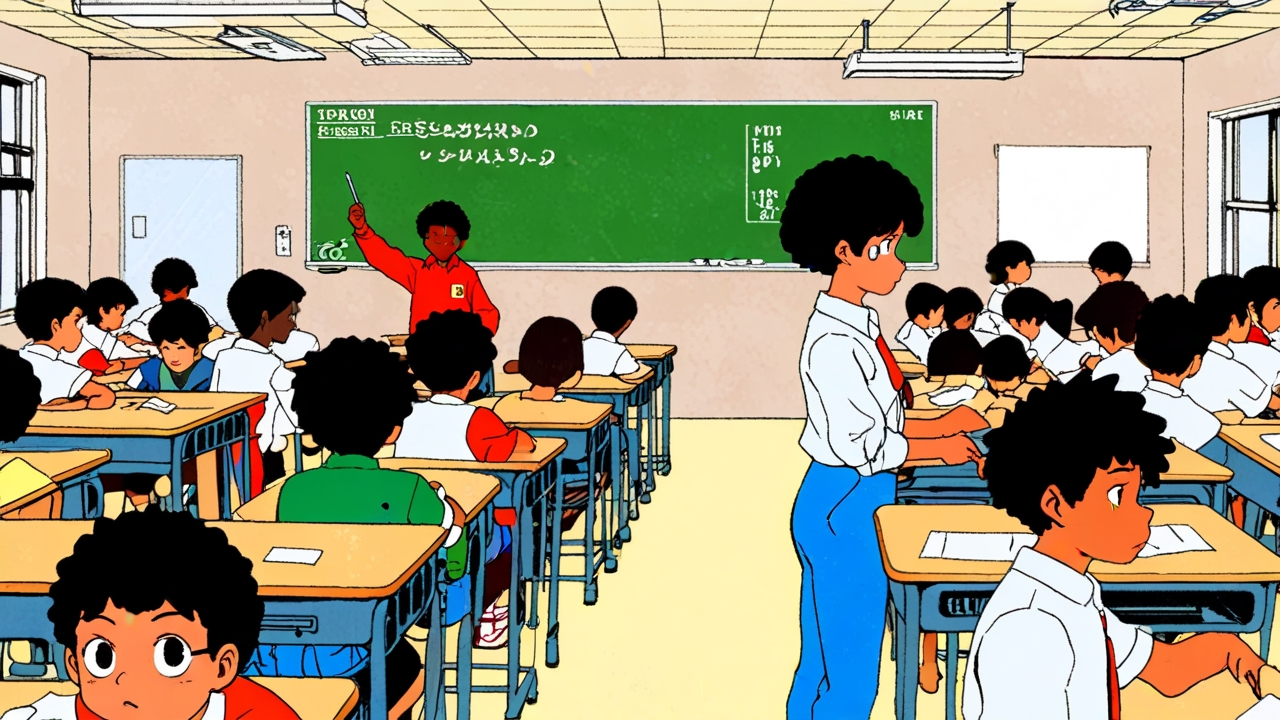Unlocking Your Potential: Lessons from 'Mindset' by Carol Dweck
August 16, 2024
Unlocking Your Potential: Lessons from “Mindset” by Carol Dweck
What if the key to unlocking your full potential lies in how you think about your abilities? Carol Dweck’s groundbreaking book, Mindset: The New Psychology of Success, reveals that the difference between success and stagnation often comes down to one simple concept: mindset. In this post, we’ll explore the core ideas from Dweck’s research and how adopting a growth mindset can transform your approach to challenges and learning.
Understanding Mindset
At the heart of Dweck’s work is the distinction between a fixed mindset and a growth mindset.
-
Fixed Mindset: People with a fixed mindset believe that their abilities and intelligence are static. They avoid challenges, give up easily, and see effort as fruitless. Failures are seen as a reflection of their inherent limitations.
-
Growth Mindset: In contrast, those with a growth mindset understand that abilities can be developed through dedication and hard work. Challenges are embraced, effort is seen as a path to mastery, and failures are viewed as opportunities to learn and improve.
Dweck’s research shows that whether you believe your abilities are fixed or capable of growth profoundly affects how you approach life’s challenges and opportunities.

Mindset in Action: Real-World Applications
In Education: Students with a growth mindset are more likely to embrace challenges and persist through difficulties, leading to better learning outcomes and higher academic achievement.

In Business: Entrepreneurs who adopt a growth mindset are better equipped to pivot and adapt in the face of failure, ultimately driving innovation and success.

In Personal Development: Individuals with a growth mindset are more likely to continue developing their skills and talents throughout their lives, leading to personal and professional growth.

Overcoming Challenges: Keys to Growth Mindset Success
While cultivating a growth mindset can lead to significant personal and professional benefits, it’s not without challenges. Common obstacles include the fear of failure, impatience with the learning process, and societal pressures that prioritize innate talent over effort. Overcoming these challenges involves:
- Reframing Failure: View failures as valuable learning opportunities rather than as reflections of your inherent abilities.
- Emphasizing Effort: Recognize and celebrate the process of learning and growing, not just the end results.
- Seeking Feedback: Use constructive criticism as a tool for improvement, rather than a blow to your self-esteem.
The Future of Mindset: Expanding the Possibilities
As our understanding of mindset continues to grow, its applications in education, business, and personal development will likely expand. Future developments could include more tailored educational programs that nurture a growth mindset from an early age, and workplace cultures that prioritize continuous learning and adaptability.
Conclusion
The lessons from Mindset are both powerful and practical. By adopting a growth mindset, you open yourself up to endless possibilities for learning and improvement. Remember, the journey of growth is ongoing, and each step forward, no matter how small, is a victory.
Keywords: growth mindset, self-improvement, personal growth, learning, Carol Dweck
Tags: #GrowthMindset #SelfImprovement #Success
Author: Teki Solves



